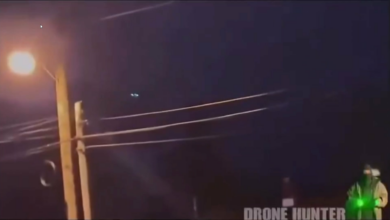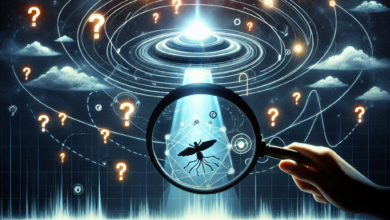UAPDA: An Analysis of Its Failures and What Comes Next

UAPDA Amended: What It Means for UAP and NHI Legislation
In a recent turn of events, the Unidentified Aerial Phenomena Disclosure Act (UAPDA) has effectively lost its footing. Senators Jack Reed and Roger Wicker have introduced a new amendment that significantly alters the legislative landscape, but notably omits any reference to Unidentified Aerial Phenomena (UAP) or Non-Human Intelligence (NHI). This absence raises questions about transparency and the government’s willingness to share crucial information with the public.
As discussions unfold, it’s clear that many feel the government remains tight-lipped about UAP and NHI, frustrating those who seek answers. Critics argue that this lack of openness is indicative of a broader disconnection between the governing bodies and the citizens they serve.
These sentiments are echoed in a thought-provoking discussion gaining traction online. Many citizens feel disenchanted with a system that seems to prioritize excessive taxation, military involvement, and a lack of economic mobility. Amidst rising concerns about wealth transfer and stagnating wages, frustrations are boiling over—prompting calls for greater awareness and activism.
One passionate advocate commented, "We can no longer trust our governing bodies. It’s time to stand up for ourselves." This sentiment reflects a growing urgency among many to discuss the need for substantive change and accountability within the political sphere. With many feeling that the status quo is suffocating, there’s a strong push for "catastrophic disclosure" regarding UAPs, suggesting a desire for revolutionary advances in understanding and technology.
Activism is taking center stage as voices call for real whistleblowers—individuals not influenced by controlled disclosures or governmental agendas. "We’re looking for those who are ready to make sacrifices for the sake of humanity," advocates argue, emphasizing the need for genuine transparency in government dealings.
In these deliberative moments, it’s essential to foster conversations within families and communities about accountability, technological advancement, and the future of our planet. Advocates are urging individuals to question the limitations imposed by bureaucratic structures, and to envision a more open and exploratory future.
As we navigate these complex discussions, the question remains: who will step up and challenge the narratives that have dominated discourse for far too long? The call for action is clear; it’s time to demand the information we seek and break free from a system that feels increasingly restrictive.
For continuous updates on this developing story and more insights into the public dialogue surrounding UAP and NHI legislation, stay tuned. Your voice matters now more than ever.




